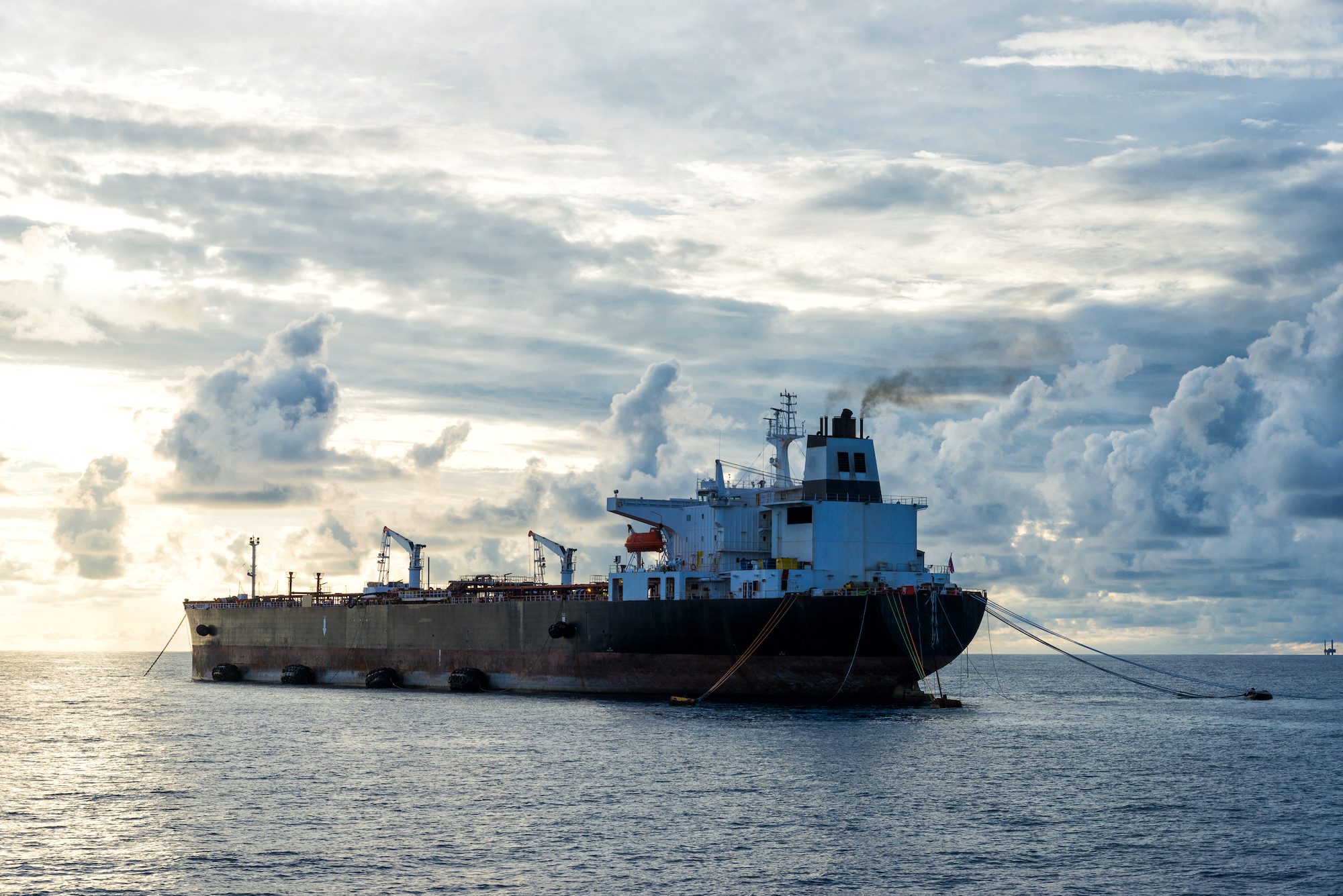Vast Infraestrutura has begun construction of the tank farm at the Açu Liquid Terminal (TLA), located at the Port of Açu in São João da Barra, in the northern part of Rio de Janeiro state. In the first phase of the project, approximately R$250 million will be invested to build a tank farm with a storage capacity of around 40,000 m³. Operations at the terminal are expected to begin in the last quarter of 2026, as part of Vast’s strategy to expand its business lines. The company is Brazil’s leading operator in oil transshipment.
Strategically located in the Port of Açu, the TLA will be able to handle and store a range of oil products, including marine fuels (Very Low Sulphur Fuel Oil – VLSFO and Marine Gas Oil – MGO), lubricants, clean fuels, as well as chemicals and biofuels.
“The first phase of the terminal foresees the handling of clean fuels, base oil, and biofuels. We believe that marine fuels are our vocation, given the large number of vessels that regularly call at the port. We are also prepared to work with the fuels of the future, such as SAF and e-methanol, in synergy with the energy transition projects being developed in the complex. The TLA is a strategic platform to meet the current and future demands of the sector,” said Victor Snabaitis Bomfim, CEO of Vast Infraestrutura.
In addition to the tank farm, the project includes the construction of loading and unloading pipelines, as well as truck-loading platforms, for the inland distribution of fuels, base oils, and other liquids. The terminal’s master plan foresees expanding storage capacity to up to 300,000 m³.
The company has already signed two contracts for the use of the TLA and its tank farm, one with Vibra and another with efen. The Vibra agreement secures the use of the terminal for the next 20 years as logistics infrastructure for the import, storage, and handling of base oils to supply its lubricant plant in Duque de Caxias (RJ). The contract with efen covers the receipt, storage, and distribution of marine gas oil (MGO).
Since October 2024, Vast has operated the TLA and has been handling MGO through ship-to-ship and ship-to-barge transshipment operations for efen. The terminal currently has two operational berths capable of receiving MR vessels and barges.
Once construction is complete, liquid handling operations will be carried out using the new storage tanks.





